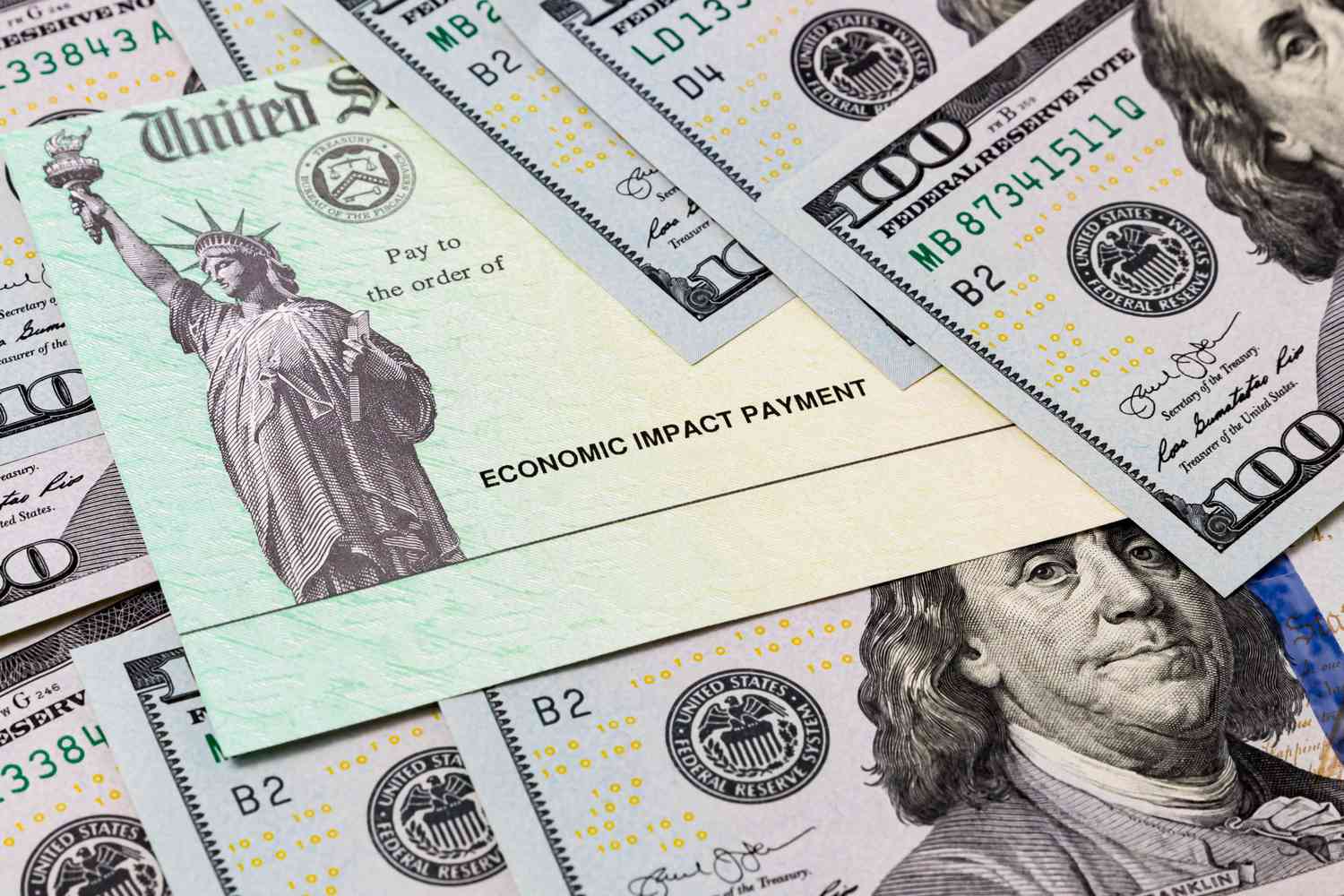Due to rising living expenses and a weak labor market, a large number of Americans are struggling financially. A stimulus check can provide anybody, even those who are not in extreme circumstances, with a lifeline. A $1.9 trillion economic stimulus bill designed to help the nation recover from the COVID-19 epidemic and economic crisis, the American Rescue Plan Act of 2021, has already given most qualified beneficiaries their $1400 stimulus Checks.

$1400 Stimulus Checks, Eligibility Criteria, and State-Specific Support Initiatives Revealed!
Over 600,000 Eligible Taxpayers Left Waiting – Urgent Calls for Improved Distribution as Income Criteria Explained!
However, an alarming number, exceeding 600,000 eligible taxpayers, are yet to receive their deserved financial boost. This discrepancy raises concerns about the distribution process and highlights the need for effective implementation to ensure everyone entitled to relief receives it.
The eligibility for the $1400 stimulus check was primarily income-based. Individuals earning up to $75,000 annually, heads of households earning up to $112,500, and married couples filing jointly with incomes up to $150,000 qualified for the full amount. The checks gradually decreased for higher incomes and phased out entirely for individuals making $80,000, heads of households with $120,000, and married couples earning $160,000.
READ ALSO: Your State’s Electric Vehicle Purchasers Could Come With Extra Incentives!
Find Out if You Qualify for Rebate Payments and Stimulus Checks in Alabama, Arizona, California, and More!
Several states are taking additional measures to provide financial support, offering rebate payments and stimulus checks. These states include Alabama, Arizona, California, Colorado, Georgia, Maine, Massachusetts, Michigan, Minnesota, Montana, New Mexico, Pennsylvania, South Carolina, and Virginia. Each state has its own criteria, so residents should stay informed about their specific eligibility requirements.
The situation underscores the importance of understanding and accessing available financial assistance. Whether it’s the unclaimed $1400 stimulus checks or state-specific initiatives, individuals facing economic challenges should explore these opportunities to ease their financial burden and contribute to their overall well-being.
READ ALSO: Americans Eligible For “Clean Car Credit” $4,000 Payment, But Must Meet Five Key Criteria!

















































